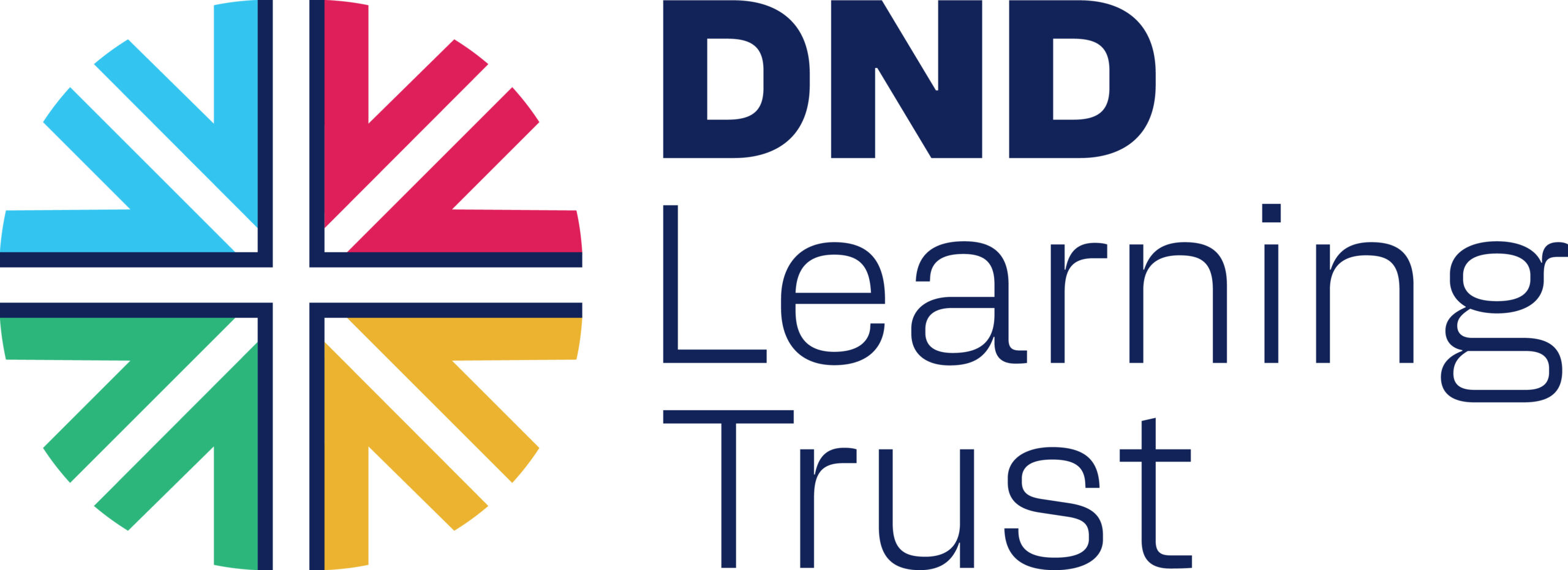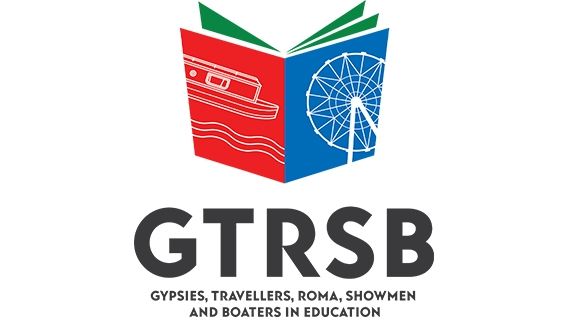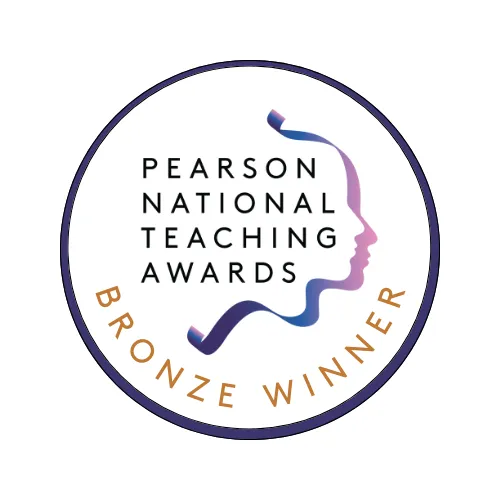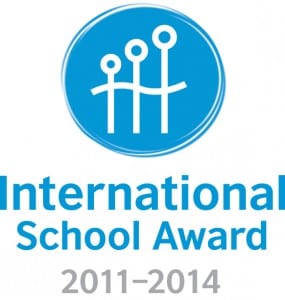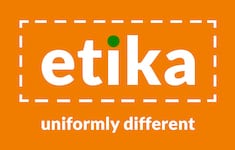The context of our school
Green Lane Church of England Primary School is determined that every pupil will learn to read, regardless of their background, needs or abilities. The importance of being a reader is to gain a voice and to participate meaningfully and assertively in decisions that affect one’s life. The importance of being a reader is to gain self-confidence and to become self-assertive. Reading enables our pupils to read their own world and write their own history. Reading provides access to knowledge – and knowledge is power. In a nutshell … reading empowers. All of our pupils, including the weakest readers, will make sufficient progress to meet or exceed age-related expectations by the time they leave school.
Class Novel
Fostering a love for reading in children is extremely important and we believe that if children develop that love of reading they will be better learners and will be life-long readers. Each year group has texts which must be read cover to cover with the children. There is nothing more frustrating for children and adults than being hooked into a book and never finding out how it ends, so we have set Class Novels each year teachers read to their class where we know that won’t happen!
The texts have been carefully chosen to complement learning, provide a mixture of classic and contemporary authors and poets and ensure several genres and styles of writing are explored. We have ensured that through these texts, and those identified as texts to support the direct teaching of reading skills and writing, children are exposed to a rich and varied diet of literature.
Reading – fluency & prosody – (Collins Big Cat Books)
At Green Lane, we believe that when children are learning to read, it is imperative that they practise with fully decodable books that are matched to their secure phonic knowledge. This will enable them to use the GPCs they know to decode the words and, with practise, develop fluency when reading.
It will also establish the habit of using phonics as the route to decoding unknown words, avoiding unreliable guessing strategies. Evidence and experience clearly show that this is the most effective approach to ensuring almost all children learn to read.
Comprehension – Whole Class Reading Sessions (Fred’s Teaching)
At Green Lane CE Primary School, we value reading comprehension as a crucial life skill. We have adopted ‘Literacy Tree’ for KS1 and 2 to promote and inspire the teaching of reading using a daily delivery with activities linked to our class novels.
The class novel will be read to each class every day;
- Our class novels have been carefully chosen so that they are: challenging, enjoyable and inspiring.
- The class novels are planned across the school in order for pupils to be exposed to a wide variety of authors and characters.
Reading fluency
In Key Stage 1 and 2, we use ‘Little Wandle’ and ‘Star Reader’ to help the children improve their reading. At Green Lane we believe that putting a real book in pupils’ hands is the very best way to get them inspired by the magical world of books.
The pupils have access to over 5000 books in our library. The books have been carefully chosen to match children’s reading ages and to help them progress and improve.
Home Reading & Reading Records
Keeping a Reading Record allows children to respond and engage with what they have just read. Logging their reading allows for more personalised learning and allows children to track the progress of their reading. It also allows parents, teachers and pupils to record the books that pupils have read.
The school Reading Records enable verification between parent/guardian and teacher about the child’s assigned reading books. There is space for parents, teachers or children to write comments about the books. This is useful as the teacher can find out if there are elements of the assigned book that the child finds off-putting, like complicated words or an uninteresting topic.
Pupils are expected to read at least three times a week and record their entries in their Reading Records which are monitored by parents and class teachers.
Ensuring Reading for Pleasure
‘Reading for pleasure is the single most important indicator of a child’s success.’
OECD 2002
‘The will influences the skill and vice versa.’
OECD 2010
We value reading for pleasure highly and work hard as a school to promote every opportunity for wider reading.


